Panama Canal politics – and what Trump's threats mean
The contentious history, and troublesome present, of Central America's vital shipping lane
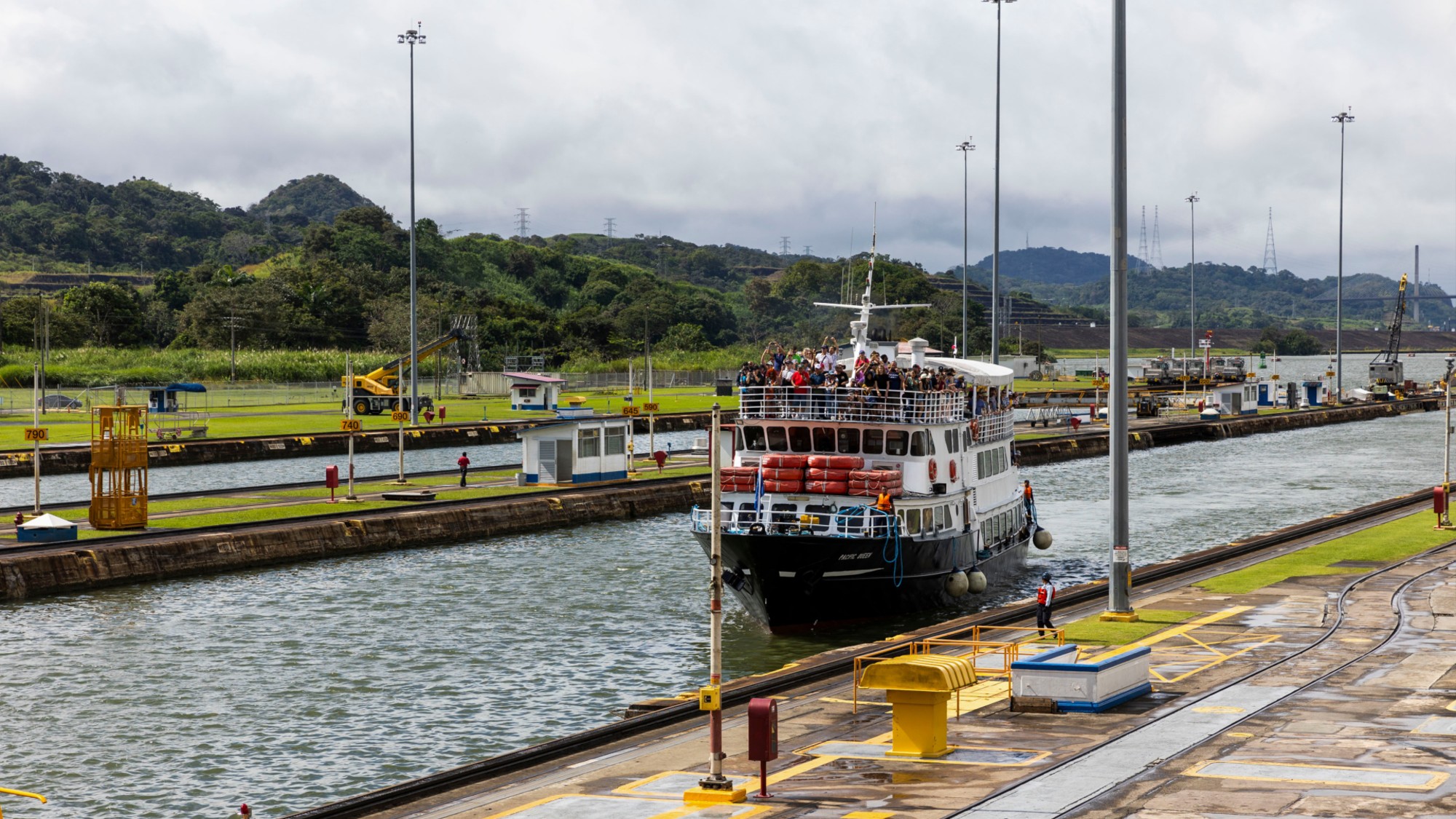
A free daily email with the biggest news stories of the day – and the best features from TheWeek.com
You are now subscribed
Your newsletter sign-up was successful
US President-elect Donald Trump has the Panama Canal in his sights, blasting the "exorbitant prices and rates of passage" levied on US ships, and threatening to retake control of the US-built shipping route, which connects the Atlantic and Pacific oceans.
"The fees being charged by Panama are ridiculous, especially knowing the extraordinary generosity that has been bestowed to Panama by the US," Trump wrote on his Truth Social platform.
Accusing Panama of "ripping off" the US, Trump added that the canal "was not given for the benefit of others, but merely as a token of co-operation with us and Panama. If the principles, both moral and legal, of this magnanimous gesture of giving are not followed, then we will demand that the Panama Canal be returned to us, in full, and without question."
The Week
Escape your echo chamber. Get the facts behind the news, plus analysis from multiple perspectives.

Sign up for The Week's Free Newsletters
From our morning news briefing to a weekly Good News Newsletter, get the best of The Week delivered directly to your inbox.
From our morning news briefing to a weekly Good News Newsletter, get the best of The Week delivered directly to your inbox.
Why was the Panama Canal built?
The 51-mile waterway, through the middle of Panama, connects the Atlantic and the Pacific oceans, and allows ships to avoid the long, treacherous journey around the southern tip of South America.
Creating such a passageway was the "elusive goal of several empires that had colonies in the Americas", said CNN. The US took control of a strip of land and began construction in 1904, after backing a revolt that helped Panama win its independence from Colombia.
When the canal was completed in 1914, it "cemented the US's status as an engineering and technological superpower" – despite the "enormous human cost". An estimated 5,600 people died during its construction.
Now, up to 14,000 ships pass through the canal every year, transporting cargo worth about $270 billion (£214 billion). And the US is its biggest customer.
A free daily email with the biggest news stories of the day – and the best features from TheWeek.com
Who owns the Panama Canal?
Ownership of the canal has long been a bone of contention. After the canal opened, the US controlled it, to the exclusion of Panamanians – which, over the years, "created tensions between locals and US visitors", said The Guardian. These tensions reached critical mass in 1964 when anti-US riots broke out in the canal zone, leading to several deaths and a brief severing of diplomatic ties between the two countries.
In 1977, the US began ceding control back to Panama, under a treaty signed by President Jimmy Carter. But the move wasn't supported by all, with then-presidential candidate Ronald Reagan stating that "the people of the United States" are "the rightful owners of the Canal Zone", said CNN.
After a period of joint custody and official neutrality – "marred by a 1989 US invasion" to overthrow Manuel Noriega – Panama took full control in 1999, and has since operated the canal through the Panama Canal Authority.
Trump has now suggested that the canal is in danger of falling into the "wrong hands" – an apparent reference to China, the canal's second-biggest customer. A "Chinese company, based in Hong Kong, controls two of the five ports next to the canal", said The Guardian.
After Trump raised the issue again in a speech on Sunday, Panama's President José Raúl Mulino said that his country's sovereignty and independence were "non-negotiable", and that China had "no influence" or control over the canal. "Every square metre of the Panama Canal and its adjacent zones is part of Panama, and it will continue to be," Mulino said in a video statement.
Trump responded: "We'll see about that!"
Why is Trump interested in the Panama Canal?
The canal is "running dry", said the BBC. A lack of rain and the El Niño weather phenomenon mean that water levels in Lake Gatún, which feeds the canal, are "falling critically low". This drought has "hampered the canal's ability to move ships between the Atlantic and Pacific oceans", said Bloomberg. As part of its water-saving measures, Panama has reduced the number of ships allowed to pass through, and the weight they are allowed to carry, exacerbating existing pressures on supply chains.
Despite the restrictions, the canal's profits increased by about 9.5% in the year ending in September, said Reuters, to $3.45 billion (£2.7 billion). But authorities have imposed higher and higher fees to pass through the canal, and this "appears to form one part of Trump's issue", said CNN. His other claim that China is seeking to exert more control "is not without merit", either – China's influence in the area around the canal has grown since Panama vowed in 2017 not to maintain any official ties with Taiwan.
Trump also has form for "threatening to take or encroach on territory belonging to a friendly foreign power". He has "taunted" Canadian Prime Minister Justin Trudeau by suggesting that Canada should be made the 51st US state, and, during his first term, he "repeatedly floated the idea of the US buying Greenland from Denmark" – a notion he also "resurrected" last weekend.
His "not-so-subtle threats" are a reminder that Trump "does not always see the sovereignty of other nations' borders as sacrosanct", said The New York Times. Instead, he displays "the instincts of a real-estate developer who suddenly has the power of the world's largest military" to back him up.
Harriet Marsden is a senior staff writer and podcast panellist for The Week, covering world news and writing the weekly Global Digest newsletter. Before joining the site in 2023, she was a freelance journalist for seven years, working for The Guardian, The Times and The Independent among others, and regularly appearing on radio shows. In 2021, she was awarded the “journalist-at-large” fellowship by the Local Trust charity, and spent a year travelling independently to some of England’s most deprived areas to write about community activism. She has a master’s in international journalism from City University, and has also worked in Bolivia, Colombia and Spain.
-
 Local elections 2026: where are they and who is expected to win?
Local elections 2026: where are they and who is expected to win?The Explainer Labour is braced for heavy losses and U-turn on postponing some council elections hasn’t helped the party’s prospects
-
 6 of the world’s most accessible destinations
6 of the world’s most accessible destinationsThe Week Recommends Experience all of Berlin, Singapore and Sydney
-
 How the FCC’s ‘equal time’ rule works
How the FCC’s ‘equal time’ rule worksIn the Spotlight The law is at the heart of the Colbert-CBS conflict
-
 Can Starmer continue to walk the Trump tightrope?
Can Starmer continue to walk the Trump tightrope?Today's Big Question PM condemns US tariff threat but is less confrontational than some European allies
-
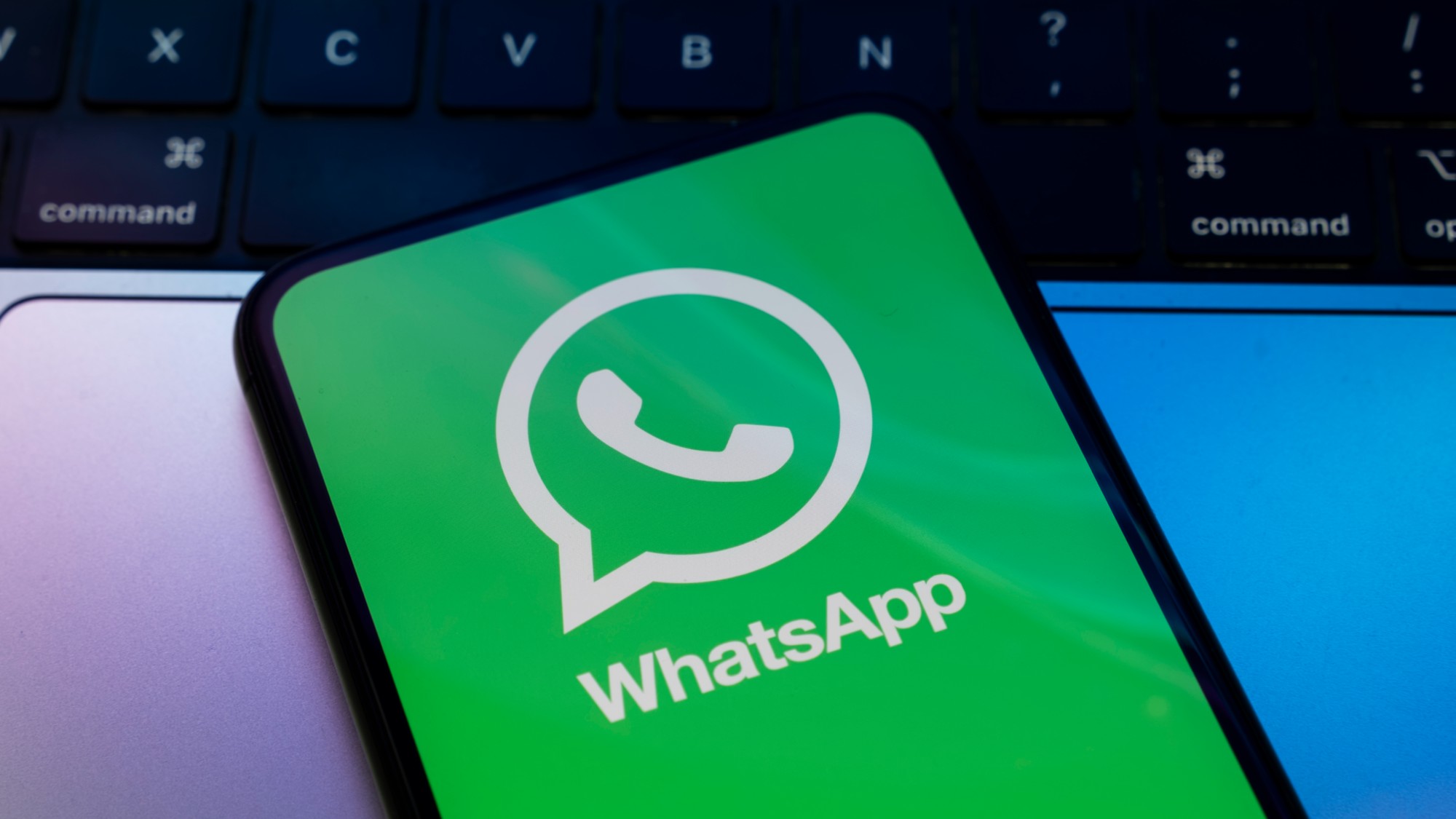 ‘The economics of WhatsApp have been mysterious for years’
‘The economics of WhatsApp have been mysterious for years’Instant Opinion Opinion, comment and editorials of the day
-
 EU-Mercosur mega trade deal: 25 years in the making
EU-Mercosur mega trade deal: 25 years in the makingThe Explainer Despite opposition from France and Ireland among others, the ‘significant’ agreement with the South American bloc is set to finally go ahead
-
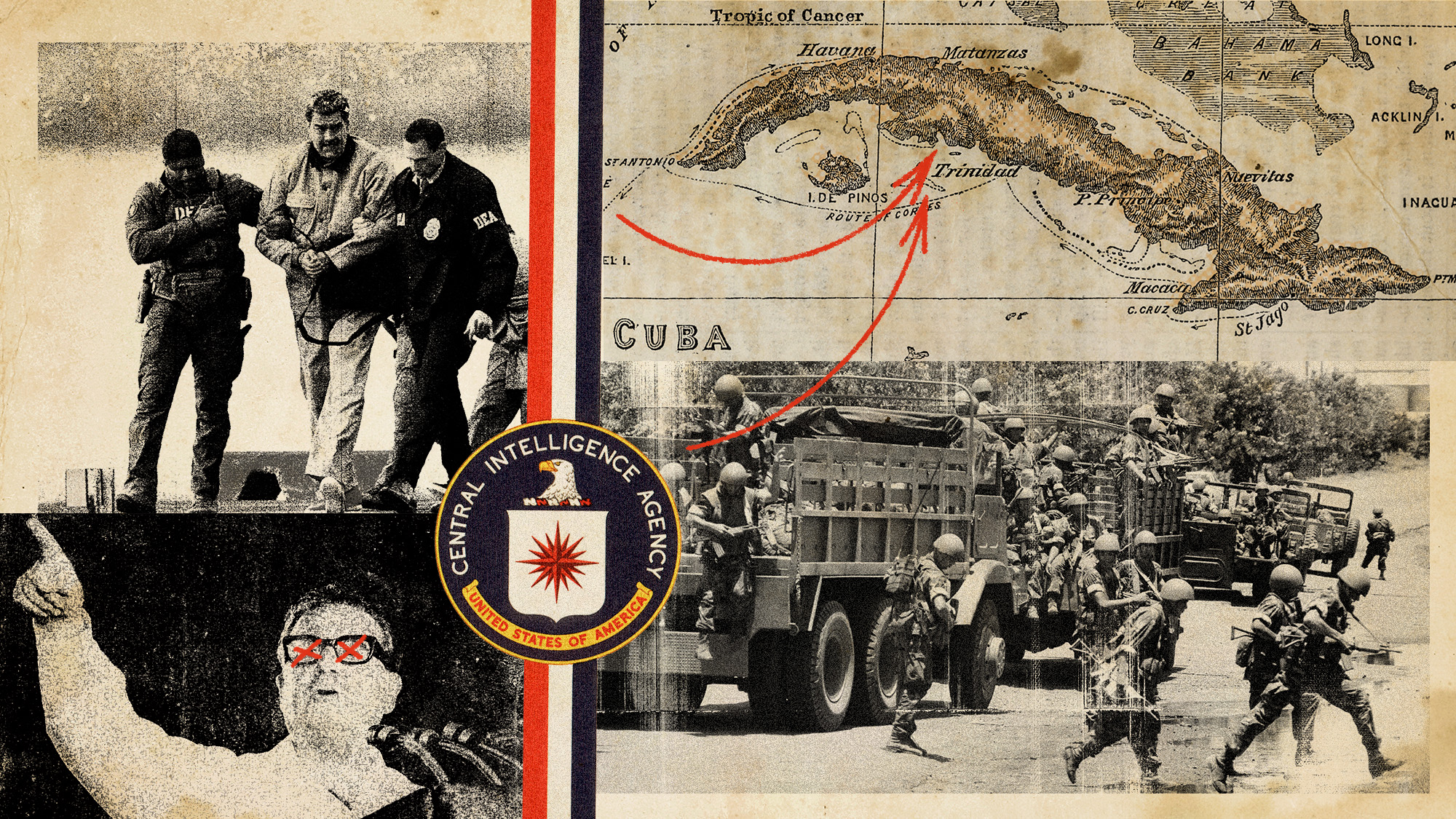 A running list of US interventions in Latin America and the Caribbean after World War II
A running list of US interventions in Latin America and the Caribbean after World War IIin depth Nicolás Maduro isn’t the first regional leader to be toppled directly or indirectly by the US
-
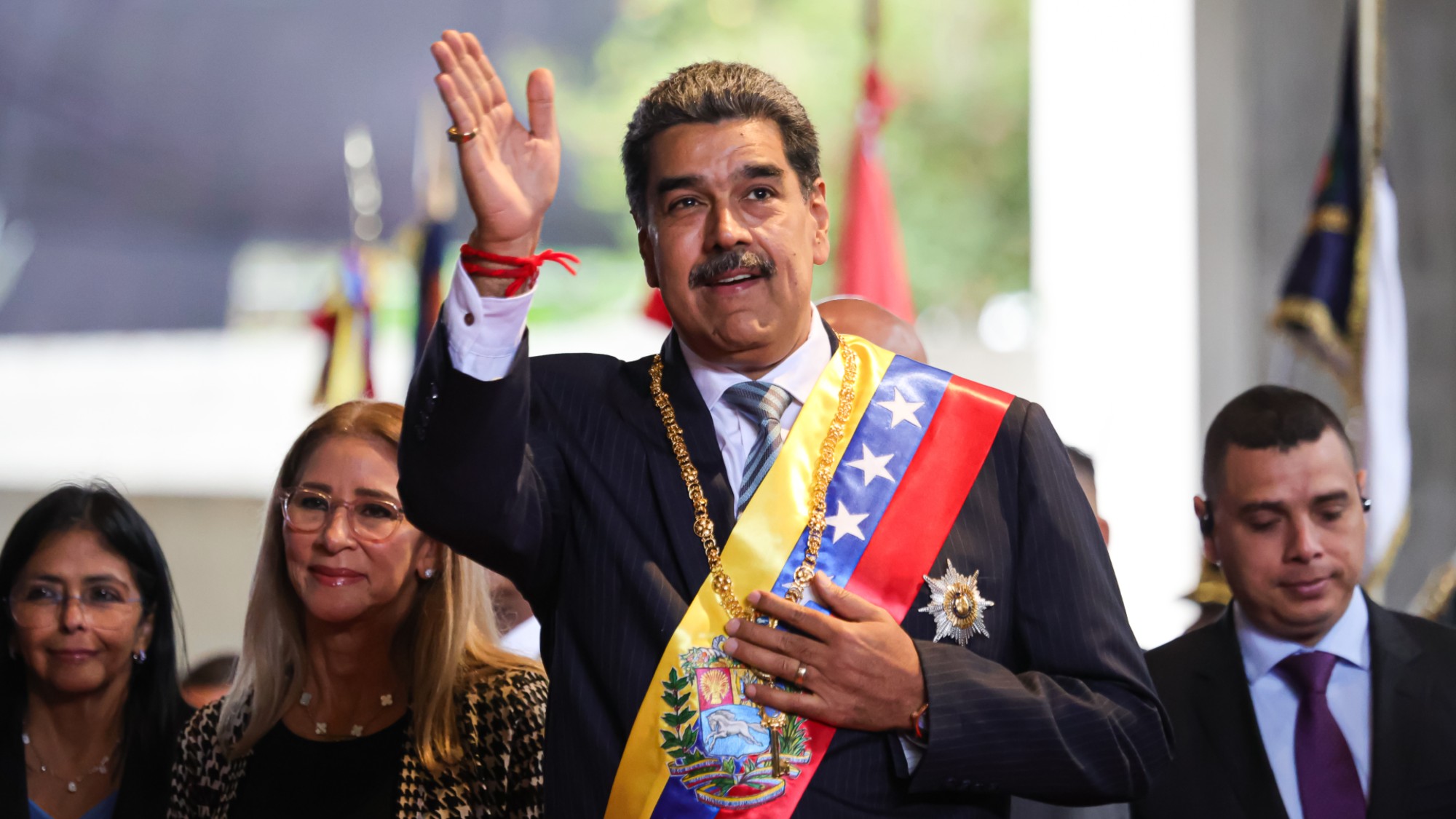 Nicolás Maduro: from bus driver to Venezuela’s president
Nicolás Maduro: from bus driver to Venezuela’s presidentIn the Spotlight Shock capture by US special forces comes after Maduro’s 12-year rule proved that ‘underestimating him was a mistake’
-
 What is China doing in Latin America?
What is China doing in Latin America?Today’s Big Question Beijing offers itself as an alternative to US dominance
-
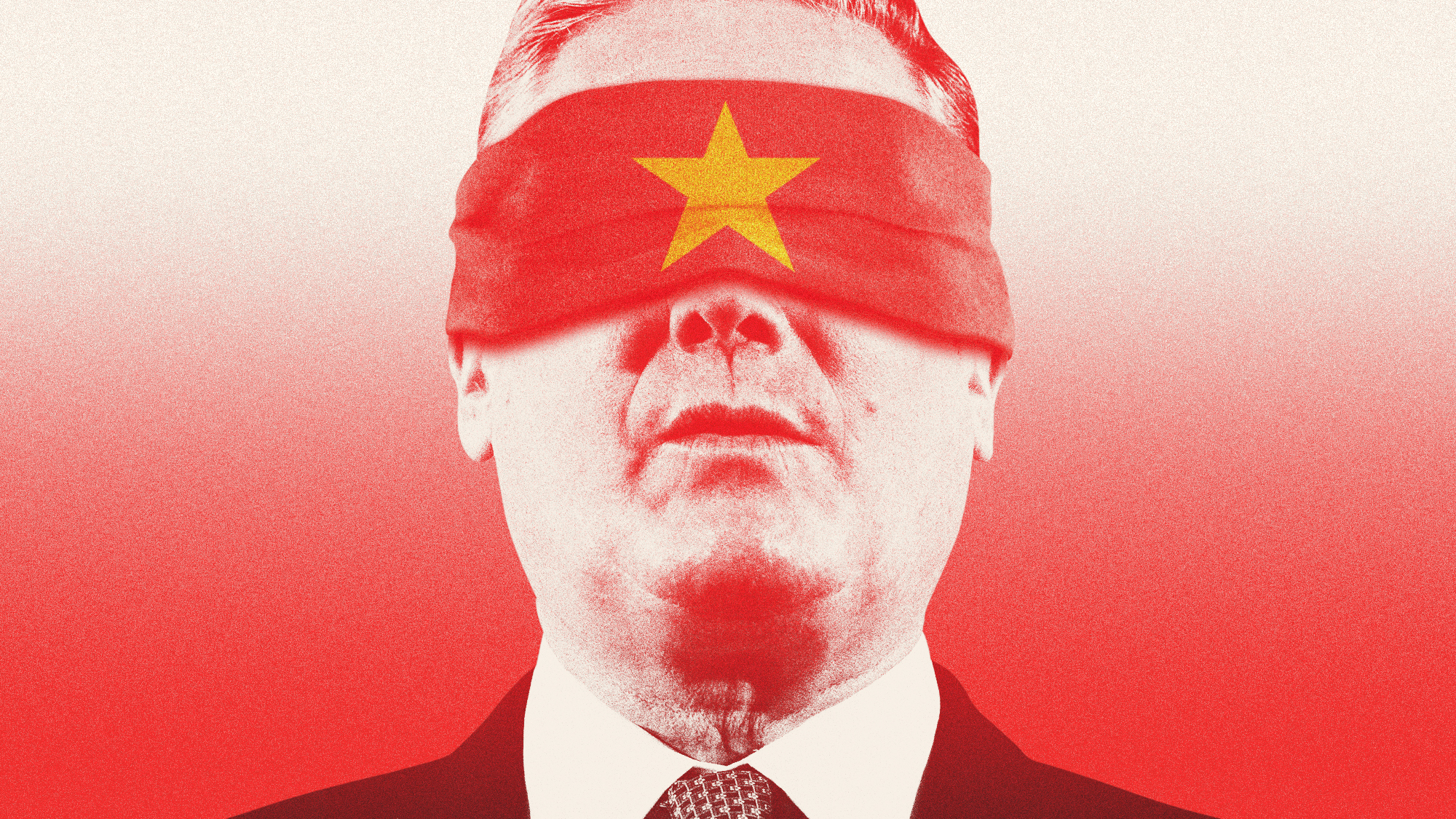 Is Keir Starmer being hoodwinked by China?
Is Keir Starmer being hoodwinked by China?Today's Big Question PM’s attempt to separate politics and security from trade and business is ‘naïve’
-
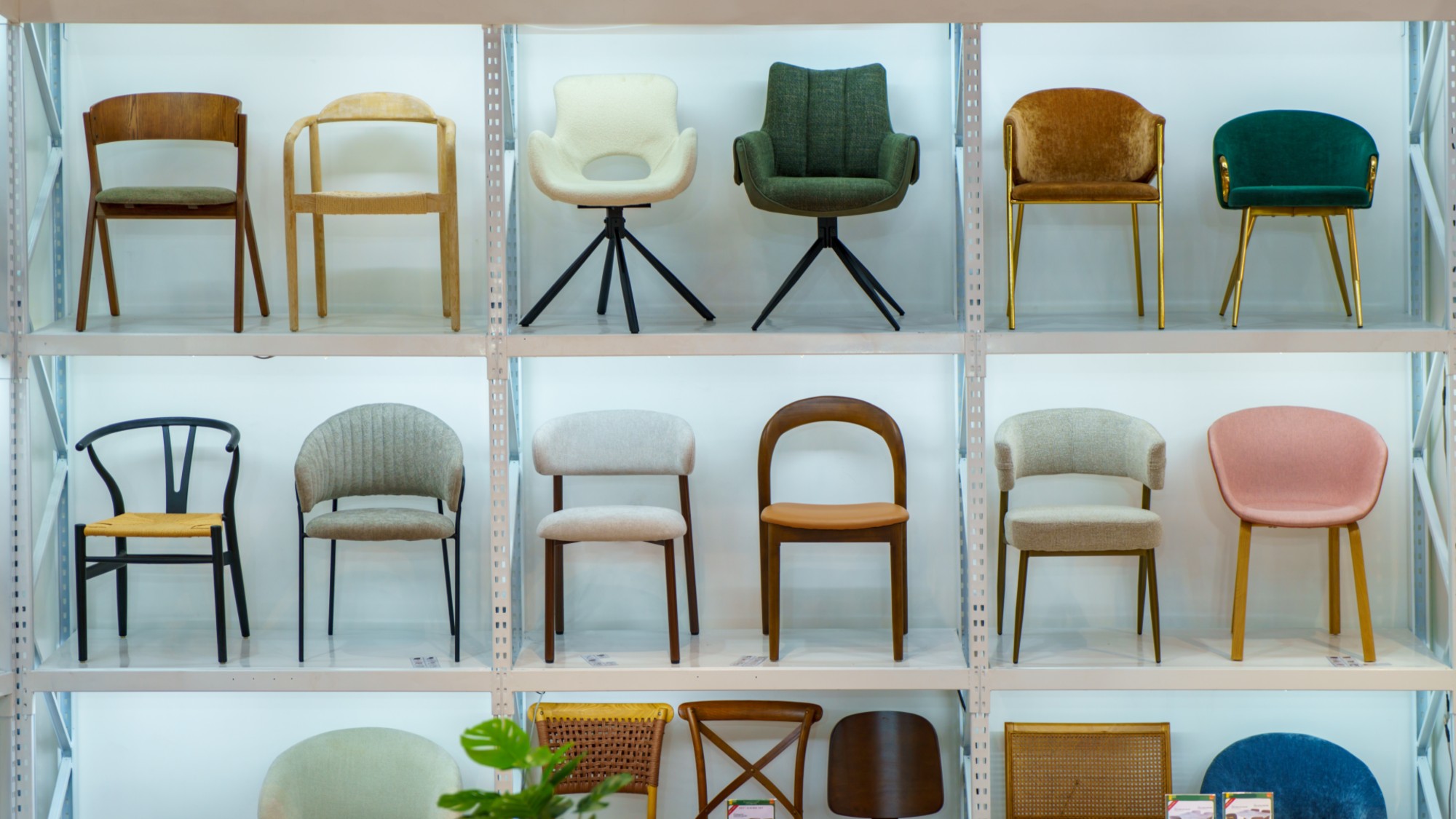 ‘Autarky and nostalgia aren’t cure-alls’
‘Autarky and nostalgia aren’t cure-alls’Instant Opinion Opinion, comment and editorials of the day